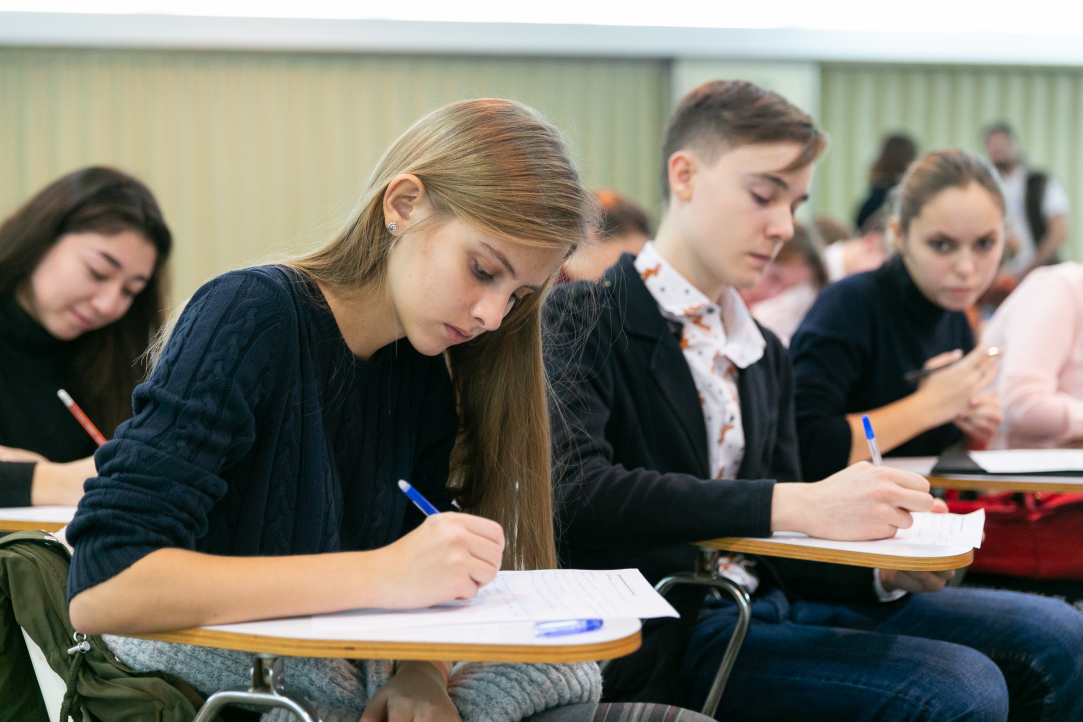
Statistics Explain Why Less-Competent People Tend to Overestimate Themselves
Why do people sometimes overestimate their knowledge—more often than not, those who are not well-versed in the subject at hand? Twenty years ago, two researchers studied this phenomenon and tried to explain it from a psychological point of view. This phenomenon is now known as the Dunning-Kruger effect after the names of the researchers. According to a report presented at a seminar of the HSE Department of Applied Economics, this effect has a purely statistical explanation.

HSE University Participates in Satellite Navigation Monitoring Project
A team of HSE students is taking part in the development of a Russian satellite automatic identification system (AIS) to monitor sea navigation. The aim of the project is to track the locations of vessels and adjust their routes, including in the Arctic along the Northern Sea Route.

Unconscious Perception of Sounds: We Hear Differences Even without Listening
Neurobiologists from HSE University and the RAS Institute of Higher Nervous Activity and Neurophysiology proved that the human brain unconsciously distinguishes between even very similar sound signals during passive listening. The study was published in Neuropsychologia.

The Cryptocurrency Market Works Like the Stock Market— Only Much Faster
After analysing the price fluctuations of almost 2,000 cryptocurrencies over seven years, Victoria Dobrynskaya, Associate Professor at the HSE University Faculty of Economic Sciences, found that there are no fundamental differences between their behaviour and that of conventional assets. Cryptocurrency follows the same principles, although its prices change much faster: processes that usually take years on traditional markets take only a month or so on the cryptocurrency market. An article on this research was reprinted by SSRN.
_-_page_25%20copy.png)
Funny Pictures of Difficult Era
The first major Soviet publisher of children's literature, Raduga, was established a century ago and featured the debuts of many authors who would later go on to become famous, as well as illustrations by prominent artists. Based on a research paper by Marina Sazonenko, graduate of the HSE Doctoral School of Art and Design, IQ.HSE examines how — and why — the illustrations in Soviet periodicals for children changed over time.
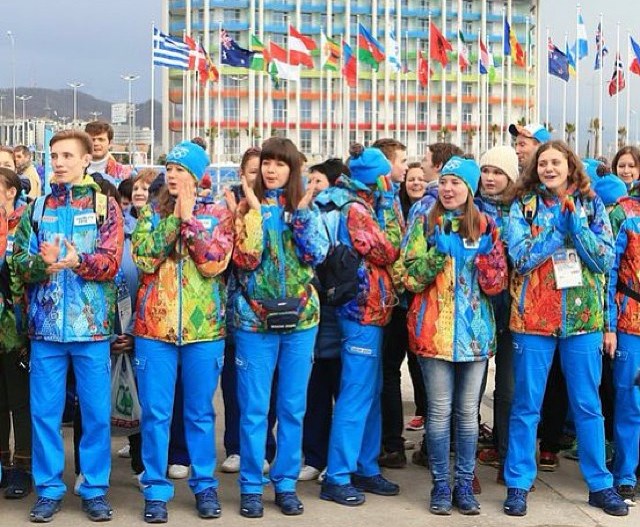
Researchers from HSE University Compare Motivations of Volunteers at Winter Olympics in Sochi and Beijing
The Sochi 2014 Olympics volunteer programme involved 25,000 people. It was the first such volunteer project in Russia and was organised with support from the government, educational institutions and non-profit organizations.
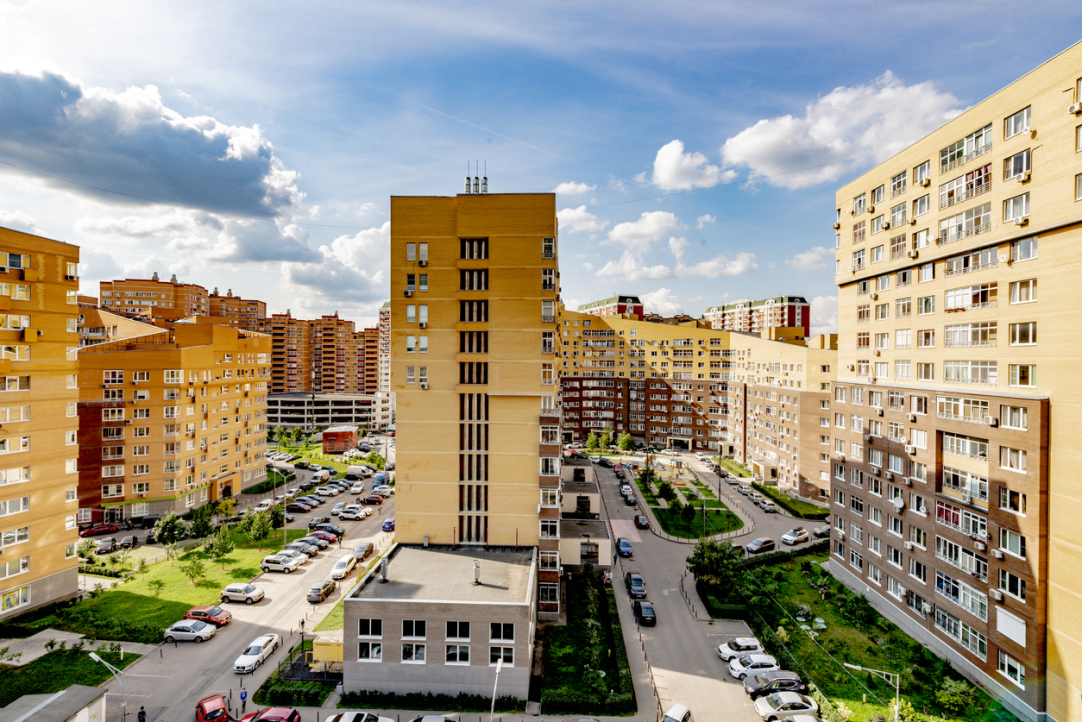
Two Worlds of Residents: Car Owners Look at Shared Urban Courtyards Differently from Pedestrians
Researchers from HSE University and St. Petersburg State University of Architecture and Civil Engineering (SPSUACE) used eye tracking to study how residents who own cars and those who don’t look at the shared courtyards of multistorey apartment buildings. The study was published in Urban Forestry & Urban Greening.
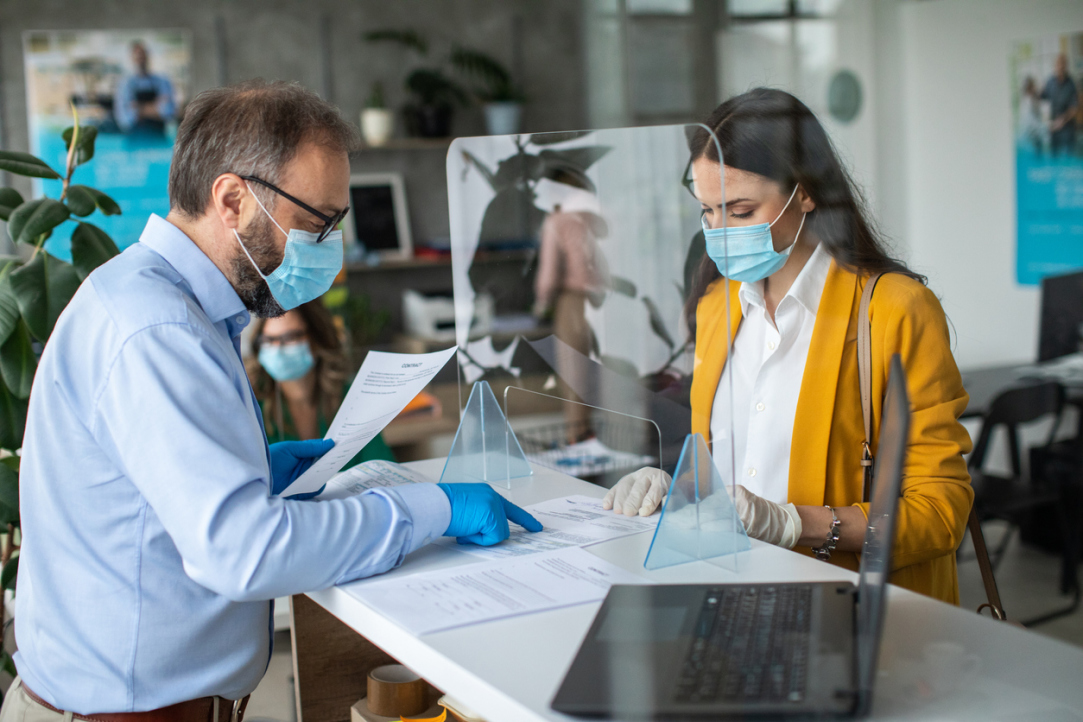
Do Banks Always Need to Know as Much as Possible about Borrowers?
Economists from HSE University have demonstrated that collecting as much information as possible about borrowers does not always decrease banks’ risks. Sometimes, more is not better: on the contrary, increasing the volume of data might increase the risks of loan defaults to a certain extent. The study was published in the WP BRP HSE University, Series: Financial Economics series of working papers.
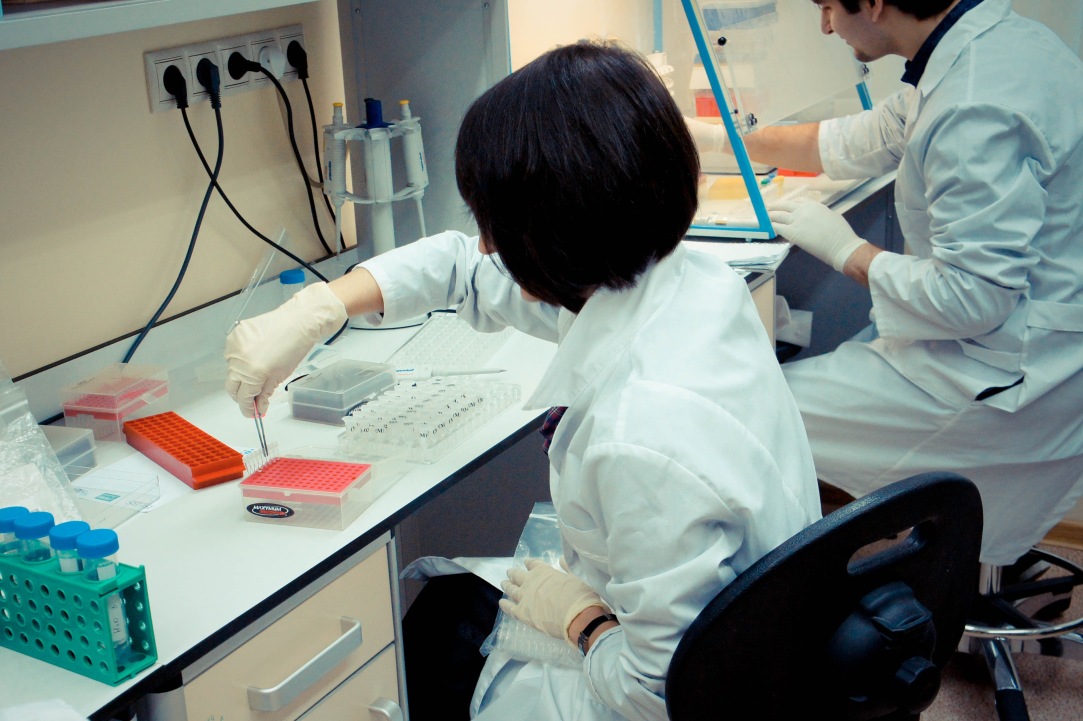
Laboratory for Molecular Mechanisms of Ageing Opens at HSE University
The decision to create the laboratory was based on the results of an open competition organised by HSE University. The winner of the competition was the project ‘The role of non-coding RNA in facilitating active ageing’ led by Maxim Shkurnikov, Associate Professor of the HSE University Faculty of Biology and Biotechnology.
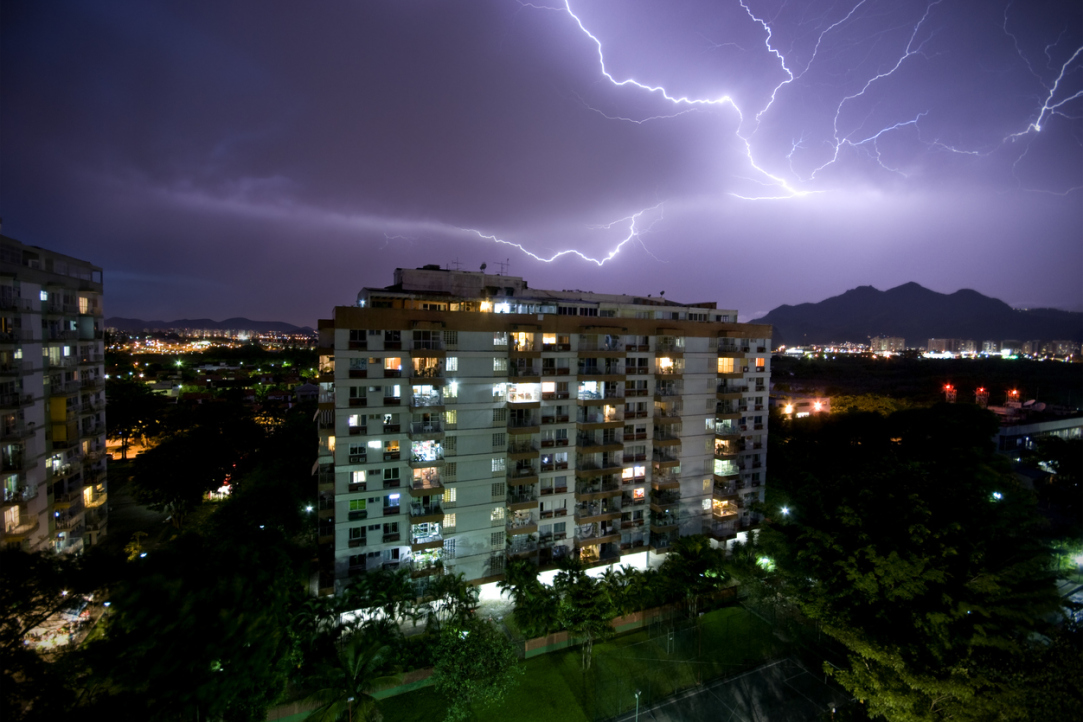
New International Laboratory to Study Lighting Flashes and Volcanic Lightning
HSE University has launched a new International Laboratory for the Study and Assessment of Dangerous Geophysical Phenomena. Alexander Kostinskiy, Head of the Laboratory and Deputy Director of HSE MIEM, explains the laboratory’s future work, its important research and practical applications, and the role of international cooperation in the new laboratory.


Deadline for applications to present academic reports - January 20, 2025